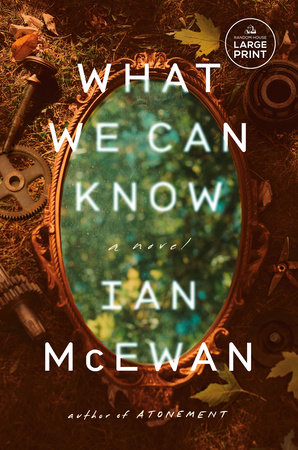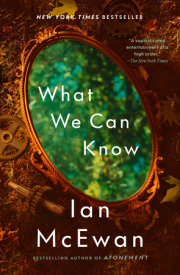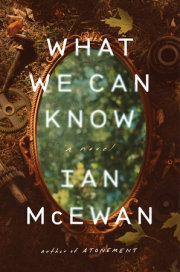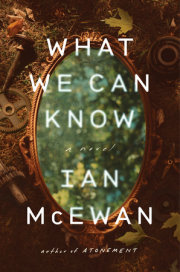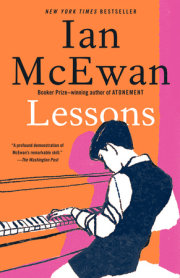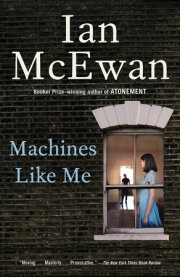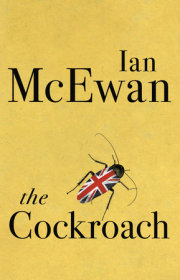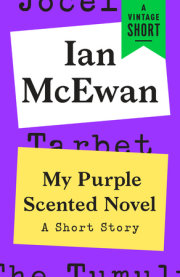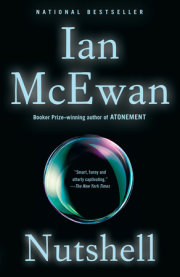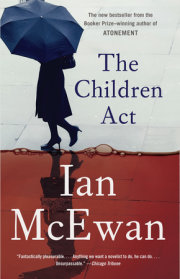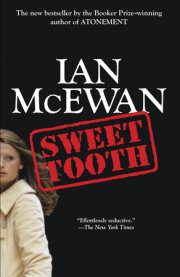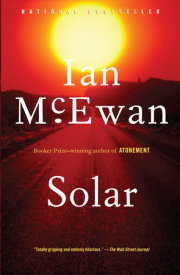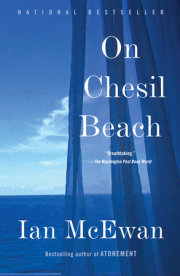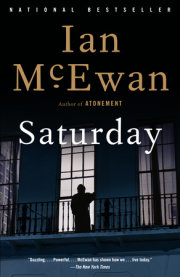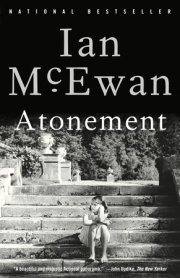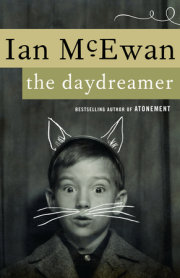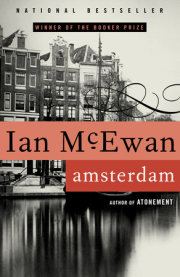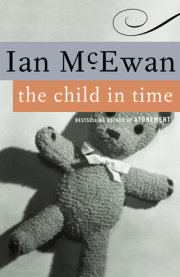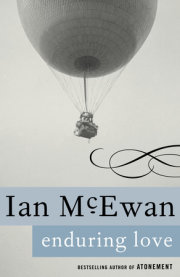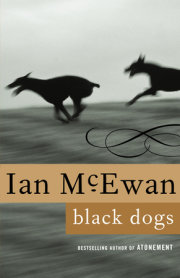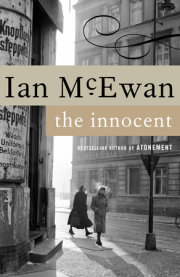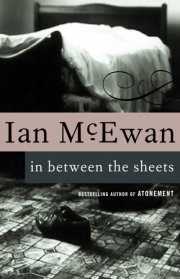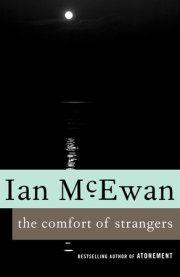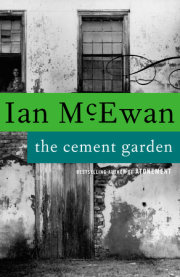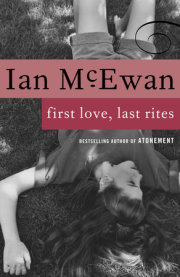“It gave me so much pleasure I sometimes felt like laughing. . . . It’s a sophisticated entertainment of a high order.” —New York Times
“What We Can Know feels like a direct descendant of Atonement, McEwan’s most beloved work, where an illicit relationship generates unexpected tremors, and fantasy and memory rush into the gaps between facts.” —New Yorker
“This is all brilliantly, and surprisingly, plotted. . . . [T]here is a daring realignment that boldly shifts the perspective and demonstrates with shocking intensity how little we can ever really grasp about the strange evasions of the heart.” —Washington Post
“McEwan is a novelist of consummate skill, and his latest book is a deeply intelligent addition to—perhaps even a crowning of—his oeuvre.” —Wall Street Journal
“[A] carefully plotted literary novel with insightful characterisation and the propulsive drive of a thriller. . . . McEwan’s most entertaining and enjoyable novel for years.” —Financial Times
“McEwan’s elegantly structured and provocative novel is a strong argument for how little raw data, or even the most sublime art, can tell us about humans and their contrary natures.” —L.A. Times
“McEwan’s prose has never been looser or more humane. . . . The sentences are warm even when the world they describe has cooled due to nuclear dust settling into the atmosphere as The Derangement faded. . . . McEwan, who turned 77 this year, writes with the lucidity of a craftsman who knows he’s constructing his own monument to a future he will never know. . . . If Atonement asked whether fiction could redeem guilt, What We Can Know suggests that the very possibility of redemption might be foolhardy.” —The New Republic
“McEwan fans, rejoice: the novel ranks high among his oeuvre… close to Atonement and Amsterdam.” —The Boston Globe
“What We Can Know may well have created a new genre: the postapocalyptic campus novel. Imagine AS Byatt’s Possession crossed with Cormac McCarthy’s The Road. Dark academia meets the big ideas novel, all conveyed in McEwan’s trim, beautifully ordered sentences.” —Sunday Times
“A big, unabashed crowd-pleaser… What We Can Know delivers one of McEwan’s finest comic set pieces… [and] can be read as an optimist’s manifesto, a rage against our consensus of decline… [and] a cautionary tale of unchecked nostalgia.” ―Times Literary Supplement
“[A] dazzling novel… [What We Can Know] has an eloquent fury about the way our misguided present is allowing nature to shrivel by ‘slow roasting.’” ―Independent
“McEwan’s arrestingly relevant new novel… [is] a fiercely involving biblio-mystery deepened by musings on knowledge and understanding, time and memory.” ―Mail on Sunday
“A philosophically charged tour de force by one of the best living novelists in English.” —Kirkus (starred review)
“[A] powerful homage to a lost era … McEwan has achieved something spectacular and much needed, as he raises question about the climate crisis—future and present. Readers will also find in it meditations on the value of the humanities, the work of poets and biographers, the difference between knowledge of and poetical apotheosizing of nature, and a beautiful recognition of what it means to search for human bonds in words and on pages…. McEwan has crafted a story at once nostalgic and foreboding.” —Library Journal (starred review)
“McEwan offers up a heady, intellectual tale that takes a searing look at how history is created—and distorted…. Dealing with themes as weighty as the inexorable forward progress of humankind, and the relevance of the past in a world where the present is both ‘loud and ruthless,’ McEwan proves once again he is both a master of his craft and a gimlet-eyed observer of the human condition.” —Booklist (starred review)

